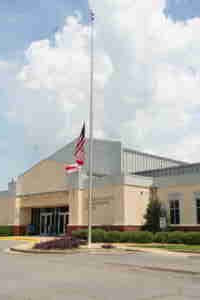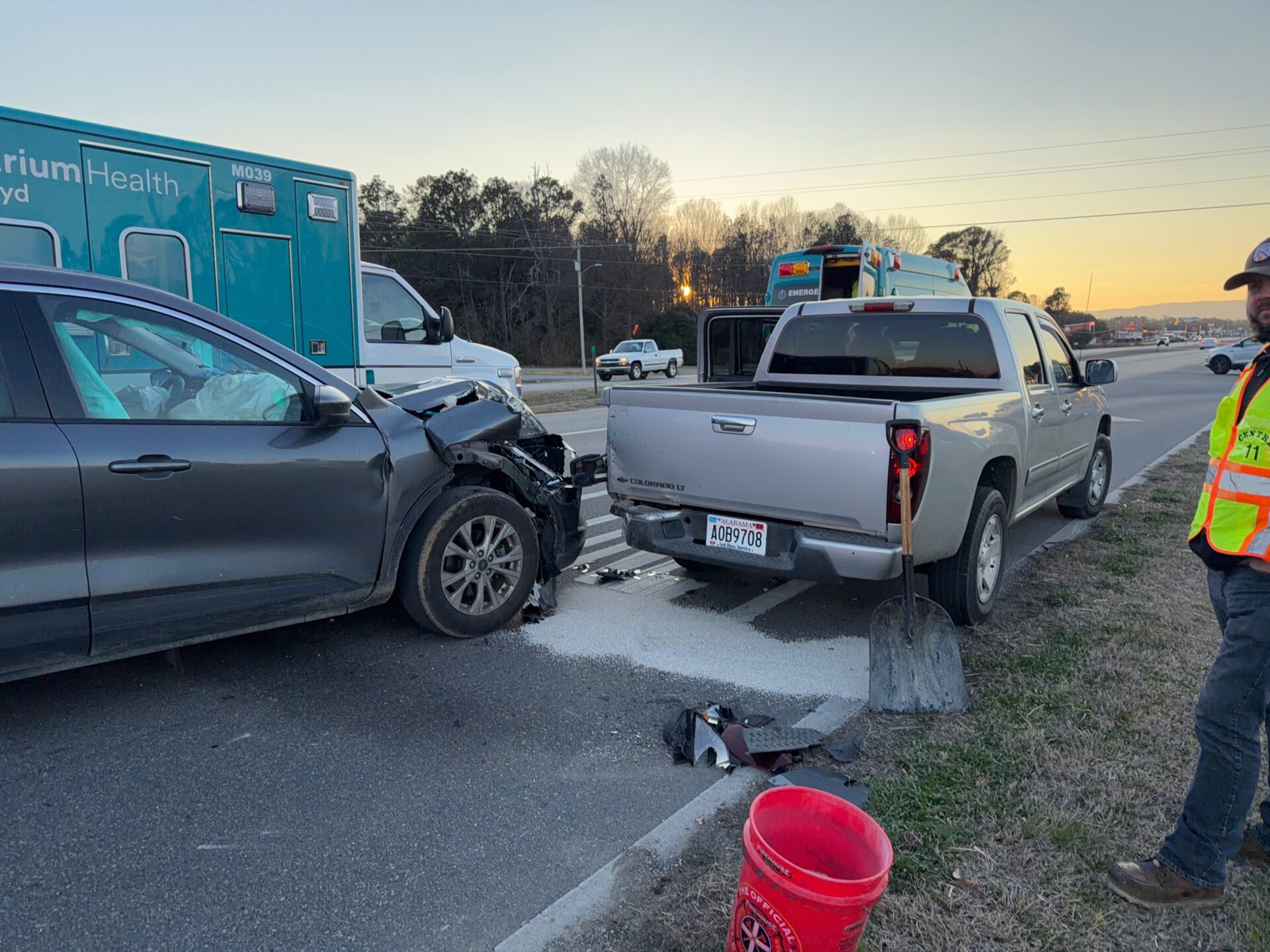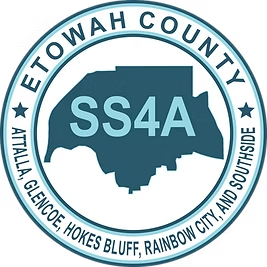Oral Rabies Vaccine Distribution Begins in Northeast and North Central Alabama

Alabama-The Alabama Department of Public Health (ADPH) announces that the United States Department of Agriculture, Wildlife Services program (USDA-WS) is distributing oral rabies vaccine (ORV) in northeast and north-central Alabama over the next three weeks. This is a continuation of a program designed to reduce raccoon rabies and the associated public health risks associated with rabies exposures.
Coated sachet baits containing the RABORAL V-RG® oral rabies vaccine (ORV) are being distributed across an approximately 14,000 square-kilometer bait zone in northeast and north-central Alabama, targeting raccoons and other wildlife. These baits are distributed by low-flying airplanes and helicopters throughout a vaccination area that includes parts of the following counties: Autauga, Blount, Calhoun, Cherokee, Chilton, Coosa, DeKalb, Etowah, Jackson, Jefferson, Marshall, St. Clair, Shelby, and Talladega.
In the Birmingham metropolitan area and surrounding communities, personnel are distributing more than 30,000 ORV baits from ground vehicles within the bait zone through October 16. The ORV baits used for hand baiting in the urban/suburban areas are square blocks made of fishmeal and fish oil. The vaccine is contained inside a plastic packet in the hollow center of the block. The outer shell of the packet is coated with fishmeal or dog meal to attract raccoons. Raccoons are vaccinated by opening the packet with their teeth, which exposes their gums to the vaccine. Each of these fishmeal baits is also imprinted with the toll-free phone number to report bait contacts.
Low-flying airplanes and helicopters are often used to drop baits in more heavily wooded areas that are more difficult to access. In rural areas with vast wooded lands, airplanes will be used in the vaccination areas.
When ORV baits are distributed by aircraft, a navigator controls the bait machine and turns off the machine as necessary to avoid dropping baits on roadways, structures and large bodies of water. The ORV baits to be aerially distributed over the majority of the bait zone are plastic packets of vaccine coated with an oily, fish-scented substance to attract raccoons and other rabies vector species. Each bait is marked with a toll-free number (1-877-722-6725) for people to call for assistance or information if they find or come in contact with a bait.
Animal exposures are common, but the ORV poses no risk of rabies to humans or animals if exposed. Animal reactions may include some mild digestive upset, but reactions are rarely serious. Anyone who finds a bait is advised to leave it alone to allow wildlife to find it. However, if a bait is intact and out in the open, it can be tossed deeper into the woods or brush where a wild animal is more likely to find it.
If a packet is found:
· Handle it with gloves AND
· Place it in an area where a raccoon may find it OR
· Dispose of it in the trash.
Occasionally, skin reactions occur in humans. It is best to avoid direct contact with the skin, eyes or mucous membranes with the vaccine. If exposure occurs accidentally, then it is recommended that the person wash hands with warm water and soap. Should more serious reactions occur, there is a telephone number on the vaccine packet to call for more information.
Dr. Dee W. Jones, State Public Health Veterinarian, states that the phone number on the vaccine packet rings to his office. “I understand the concern from citizens and owners when an ORV packet is found in an unintended place or when there is an unintended exposure, but I am hopeful that people keep the big picture in mind, and that is actually reducing the risk of rabies exposures in Alabama by vaccinating raccoons.”
He adds, “The vaccine packets have been proven to be very safe by historical data collected from incidental exposures. I believe the ORV program benefits public health, animal welfare and wildlife.”
Implementation of this program in Alabama is a collaborative effort among the USDA, the Centers for Disease Control and Prevention, the ADPH, and other relevant agencies. For more information about the federal ORV usage in Alabama, please contact the USDA at 1-866-487-3297.
For more information about rabies exposures, animal or human exposures to the ORV please call ADPH at 1-800-338-8374. Additional information is also available from the website: https://www.aphis.usda.gov/national-wildlife-programs/rabies




